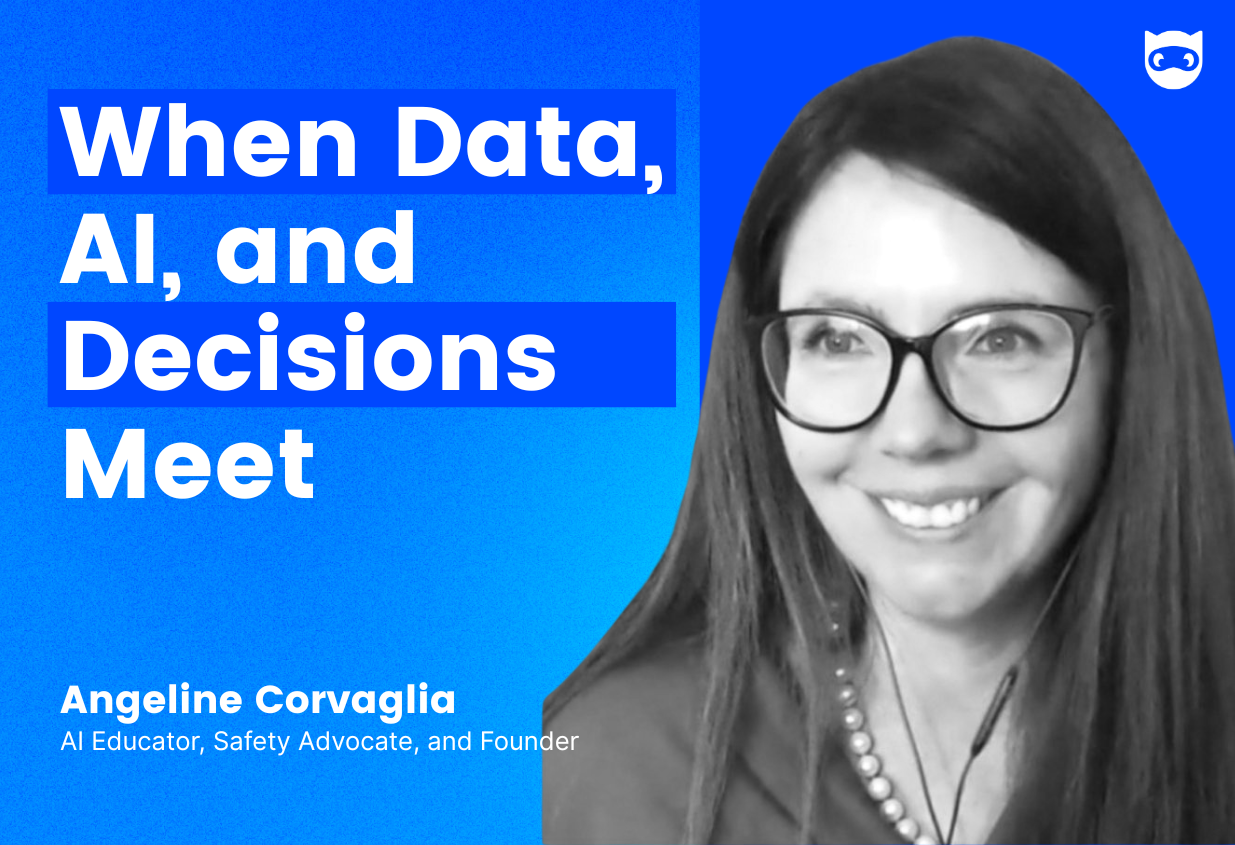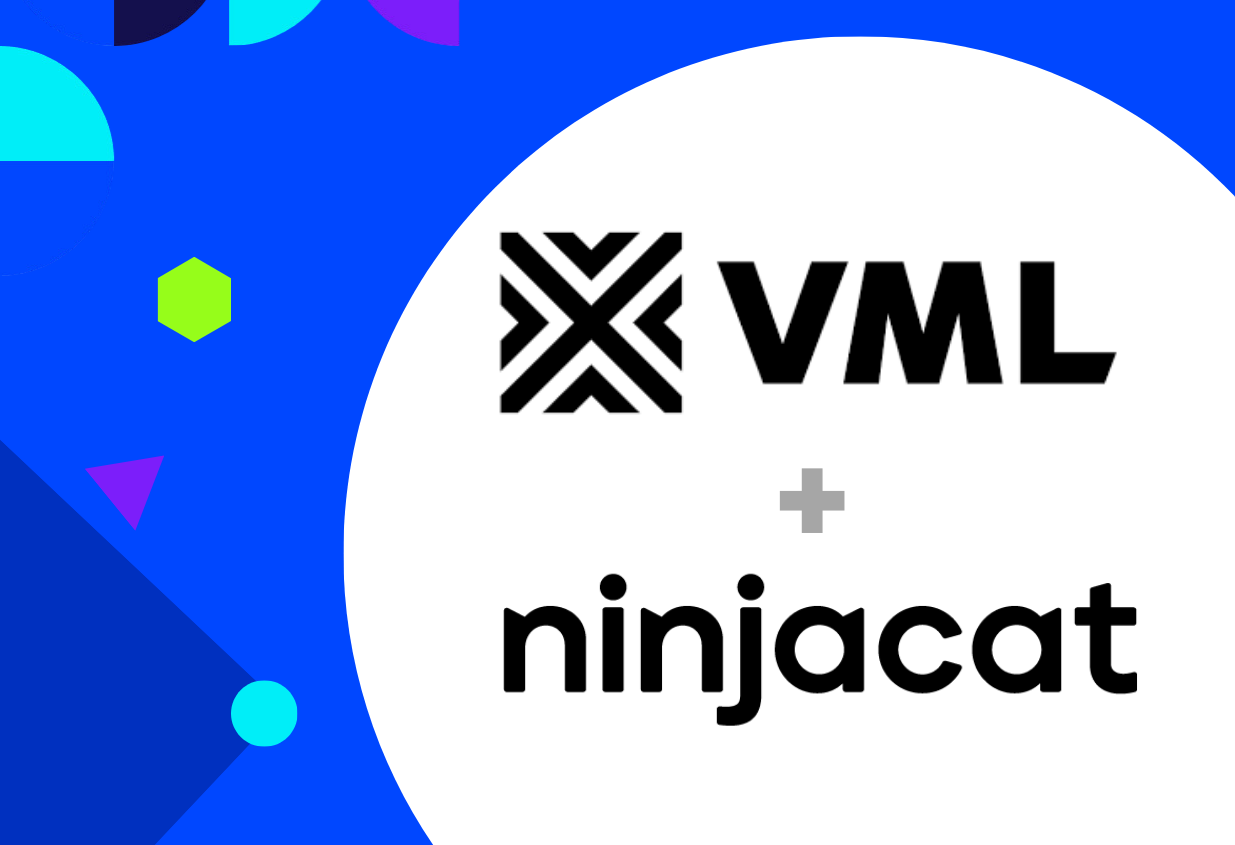From Hype To Implementation: How Marketers Are Really Using AI

This article originally appeared on Forbes.com.
Enterprise AI has evolved from a tool for innovation to a core component of business operations. While many industries are still transitioning from experimentation to full-scale deployment, marketers have emerged as leaders in this transformation. Agencies are no longer merely exploring AI—they are fully integrating it into their workflows to boost efficiency, uncover valuable insights and strengthen their competitive position.
To gain a clearer idea of AI adoption within marketing agencies, NinjaCat surveyed over 500 marketers in the U.S., ranging from small firms to large agencies. At a high level, the results showed widespread adoption of AI within various daily operations, including content creation, data analysis, campaign strategy and more.
Despite this widespread adoption, a major gap remains between AI adoption and integration in agency IT ecosystems. As agencies push forward, the real differentiator won’t be whether they use AI but how seamlessly they embed it into their tech stacks to unlock its full potential.
Here are a few key insights based on our report that I believe can best position agencies to set up their AI game and offer valuable insights for enterprises looking to navigate AI adoption at scale.
AI adoption versus integration: Is there a difference? Does it matter?
Yes, to both. While AI terminology is constantly expanding, the best distinction between AI adoption and integration is defined by how effectively businesses can leverage it. Those who have adopted AI are utilizing it at some level, whether that be through individual contributors using tools such as ChatGPT or Gemini, while those who have fully integrated AI have embedded solutions directly into their existing tech stack. Implementation is what allows AI to tap into existing data pools and platforms, spinning up seamless workflow integration.
On the surface, distinguishing between the two can be difficult. Some developers, such as OpenAI, offer both consumer- and enterprise-facing iterations of their technology, meaning back-end integration is where the leap from adoption to implementation occurs. It’s also where agencies and enterprises face some of the biggest hurdles.
If AI implementation boosts efficiency, why isn’t it happening everywhere?
AI has the potential to revolutionize enterprise operations across all industries, but a challenging reality is emerging.0:003
According to a SnapLogic survey, over 75% of IT leaders report their teams spend up to 25 hours weekly updating and maintaining legacy systems. With the accumulation of this much tech debt, it’s not surprising that 57% of agencies we surveyed cite technical integration as their top challenge when implementing AI.
The modern tech stack has become a "frankenstack" of niche solutions, and most, if not all, need a total overhaul. Without centralized, structured data, AI systems will struggle to provide accurate insights and automation, limiting their potential. Adding custom solutions may seem like a fix, but it only delays AI implementation.
Technology is only part of the challenge. Forty-eight percent of marketers we surveyed cited a lack of AI expertise as a major barrier to implementation, ranking it third among challenges. While this is expected due to AI's newness, employees are eager to learn more.
McKinsey reports that 48% of U.S. employees would use AI more daily if employers offered formal AI training. To close this gap, enterprises must invest in training and formalize their AI strategies. Marketers are ahead, with over two-thirds of respondents in our survey expressing readiness to implement advanced AI solutions.
Overcome challenges to build AI-centric ecosystems.
Though neither IT leaders nor developers are at fault, the fact remains that modern tech stacks are ill-equipped to integrate new technologies, and AI is no exception. To overcome this, vendors must focus on functionality that lowers the technical barriers to integration, placing a high priority on plug-and-play functionality.
By doing so, they’ll meet the needs of enterprises as they stand today while still providing technology that can ensure their future growth. Over the next year and beyond, we’ll see a shift from traditional, linear technology stacks to AI-centric ecosystems built for interoperability and automation.
The good news is that despite these challenges, both marketers and their clients remain optimistic about AI. Our survey unveiled that 84% of marketers believe AI will redefine agency-client relationships for the better, and 87% of agencies offering AI-powered services report a positive client response.
For agencies, the focus must remain on data management and optimization—centralized in a data cloud. Understanding where data silos may exist and inefficiencies are occurring will help to frame the most critical areas where AI implementation can make an impact.
With businesses clamoring for the capability to drive decision-making with data, it’s easy to see why 74% of marketers we surveyed identified this as their top use case for AI, with 90% of all respondents already seeing tangible improvements in productivity via AI solutions.
As AI evolves, its value will be unlocked through seamless integration into workflows, enabling agencies to focus on innovation and leverage AI for greater efficiency and strategic decision making.
The future belongs to AI-integrated agencies.
For decades, IT teams have been testing machine learning and AI solutions, experimenting with their benefits and potential value. But in just the past few years, AI has quickly become a competitive differentiator across businesses and industries. CEOs now recognize it as a critical tool for growth, with nearly 50% expecting their investments in AI to increase profits in the year ahead. AI enables faster data analysis, generating insights and identifying issues proactively.
Despite these advancements, marketers remain on the cusp of full transformation. As AI solutions integrate more deeply into the fragmented systems of the past, efficiency will only accelerate. The marketing agency of the future isn’t just adopting AI—it’s redefining its role.
With AI agents handling mundane tasks and accelerating other tasks like data analysis, media planning and optimization, marketers can shift their focus toward what truly drives success: creativity, strategy and innovation. As marketers continue to lead the charge, their evolving relationship with AI offers valuable lessons for businesses across all industries, highlighting the path toward smarter, more efficient operations and a future driven by innovation.
.png)



